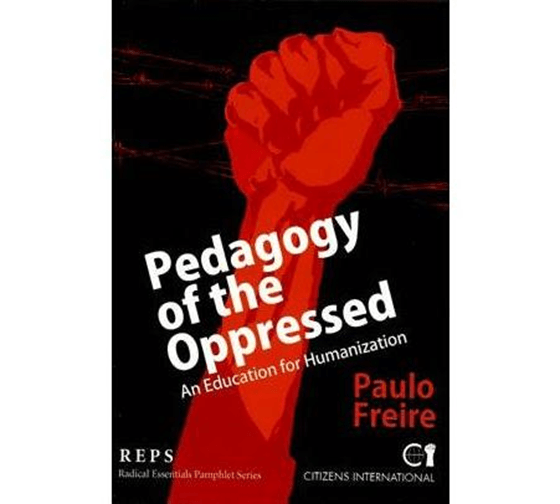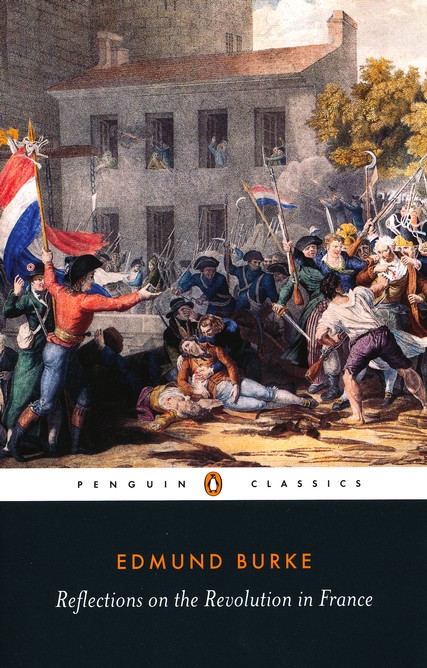I thought I’d take a slight detour away from Bloom and into a related set of authors: Grant Wiggins and Jay McTighe. Thinking about the way I’ve been taught to begin every student learning objective with the word “understand” (as in, “Students will understand . . . ”) is surely something “rooted in” (as the critical theorists would say) Bloom, but something I dimly recalled being straight out of Wiggins and McTighe – especially their popular ed book, Understanding by Design.” So I thought I might revisit that book to see how it aligns with Bloom.
As it turns out, Wiggins and McTighe are an especially interesting companion to Bloom – they are explicitly carrying on his legacy, building on his work, speaking in conversation with him, modifying him, and sometimes adapting him to suit new purposes. Plus, I’m fairly sure this is where that “students will understand” dogma that I was taught probably comes from – I’d forgotten what a central feature it is in this book. But how do they define “understanding”? And how does it relate to Bloom’s goals?

One side note before I dive into the book: As I remembered from my first read-through some years ago, I really enjoyed re-reading Understanding by Design. I appreciated the focus of Wiggins and McTighe’s work on identifying the most important and worthy goals in education and pursuing them with clarity. I appreciated their connection to and clear familiarity with the seminal figures in education (they often quote Dewey and Bloom, for instance), and their constant real-world examples.
At the same time, as I started re-reading, I remembered something more negative from their work, as well: For two authors so focused on clarity, Wiggins and McTighe are often surprisingly unable to define what they mean regarding the basic concepts of their philosophy. This is nowhere more clear than in their repeated – shaky – attempts to define “understanding” – for them the core, critical goal of education.
Continue reading “Understanding by Design”



